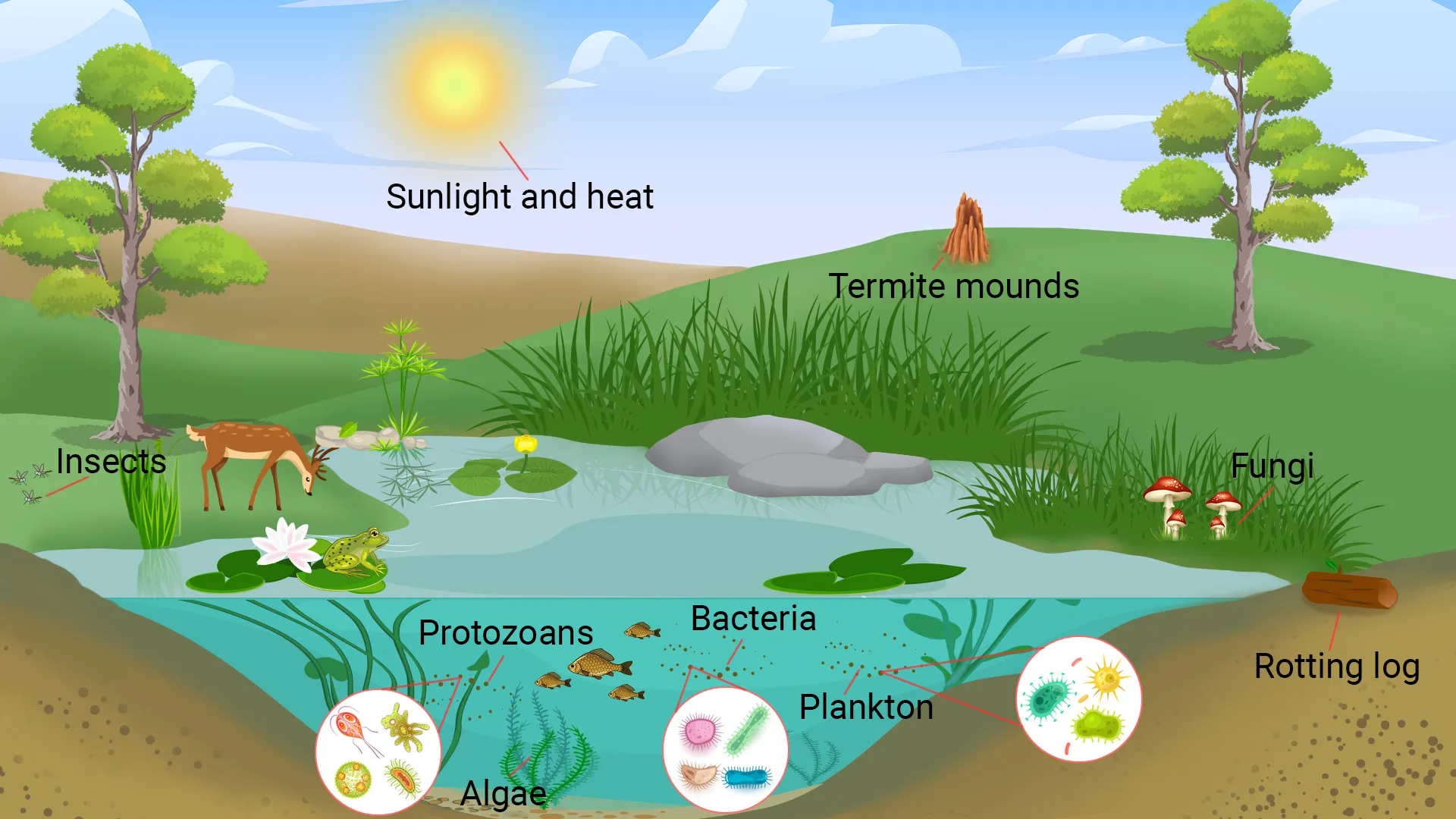When I asked a couple of weeks ago in the newsletter what readers wanted to hear more about, a surprising number asked for information about traditional Chinese medicine and it’s workings. People also wanted to know about certain aspects of Chinese medicine – the functioning of the organ systems, how time affects us both daily and over a lifetime, types of qi gong and stretching that could be useful to keep our pathways as open and healthy as possible, as well as practices for overall health and longevity. There were many who also asked about how to deal with anxiety, stress, pain, dysfunction, and adversity.
On the one hand, I am thrilled that people have interest in some topics I can shed a little light on. On the other, most of these are big topics—at least bigger than I could tackle in one or two newsletters—and deserve layers of explanation and repetition to get any usable information from them. So, I am going to write about all of these topics, again and again from different angles and perspectives. There are foundational aspects that need to be talked about, and there are nitty gritty details and everything in between. So please, consider this an ongoing discussion. If you ever have a question relating to what I write about in a newsletter, please email me a response with your questions and I’ll keep them in mind while painting this larger picture and including us all and our health in it.
The Big Picture
No matter what school of medicine we use to look at your health, we need to know what the concept of “you” encompasses and what the definition of “health” is. Making you healthy depends on this understanding, and without clarifying who “we” are and what “health” is, it is impossible to achieve. So, first I will ask you to reflect on this question and see what you come up with. Everyone is different and has different guidelines for what a healthy life would look like. When you start to look at it, it becomes a bit slippery, and the more you try and grasp at something concrete, it will often slip through your grasp. Since we are not fixed material objects, unchanging and permanent, we have to see that each of us is in constant motion, always changing, always in a state of becoming the next version of ourselves, and never holding one position for any specific period of time.
We are also not separate from this world we live in. We are made up of earthbound elements and animated by universal energies. A miraculous combination of star dust and star light as some say. We are not just part of the world and universe at large, but we also come from families and have genetic and energetic connections to our ancestors. We have actual living community around us and we interact with them and are exposed to them and very often our groups are very much living entities that have a health of their own outside of our personal health. So, tied to everything around us, made from everything around us, the boundaries of our “self” begins to blur, and the health of the self includes the health of those around us and the world we live in. The healthier the environment—ecologically, socially, and energetically—the healthier “we” can be in it.
In Chinese medicine you cannot be separated from the nature you are a part of. You are not an individual machine whose parts need oiling and maintenance every so many days so that you can function. You are a part of the Ecology—with a capital E—the big Nature—Mother Nature—The All There Is—The World going through the Seasons connected to everything around you. As a reflection of Nature, internally you have systems that function like cycles of nature more than parts of a machine. So when we start to break our overall selves into elements and organ systems as we look at how we function, we have to remember that everything is intimately connected to everything else. The Organ system arises together—with various relationships and connections—and although a symptom may point towards a disharmony in the Liver, or the Spleen, this disharmony will be reflected throughout all the organs and very well may be the result of other imbalances in the system. If there’s a drought and the rivers and lakes dry up, the surrounding land gets affected, and the very weather in the area will change. If there is a flood that will affect how the ecology responds in the short term, and if there are continual floods, then the very nature of the environment may change drastically.
In general, health is a very broad term that generally means that your ever-changing self can adapt reasonably well in the ever-changing environment you are in. Health doesn’t mean not getting sick, it means that when you do get sick, which for the most part entails a bunch of symptoms that show that your immune system is functioning properly, you can get through to the other side of the “sickness” and again establish a certain internal homeostasis. In Chinese medicine your “health” can be attacked by what we call external pathogenic factors—these are outside environmental factors such as Cold, Heat, Dampness, Dryness, and Wind, as well as what we would call bacterial or viral infections, and external trauma, as in getting cut, smashed, scraped, or falling. We can also get “sick” from what we call internal causes which fall into two categories—Diet and Emotions. That’s it. If it’s not apparent from first glance, this places an enormous part of our health on our emotions. Are you surprised? Yes, and no, right? It’s not surprising per se, but it sure is heavy to hear that emotions—and this basically includes everything going on in your mind whether you call it racing thoughts or stress—carry this much weight, but there it is.
